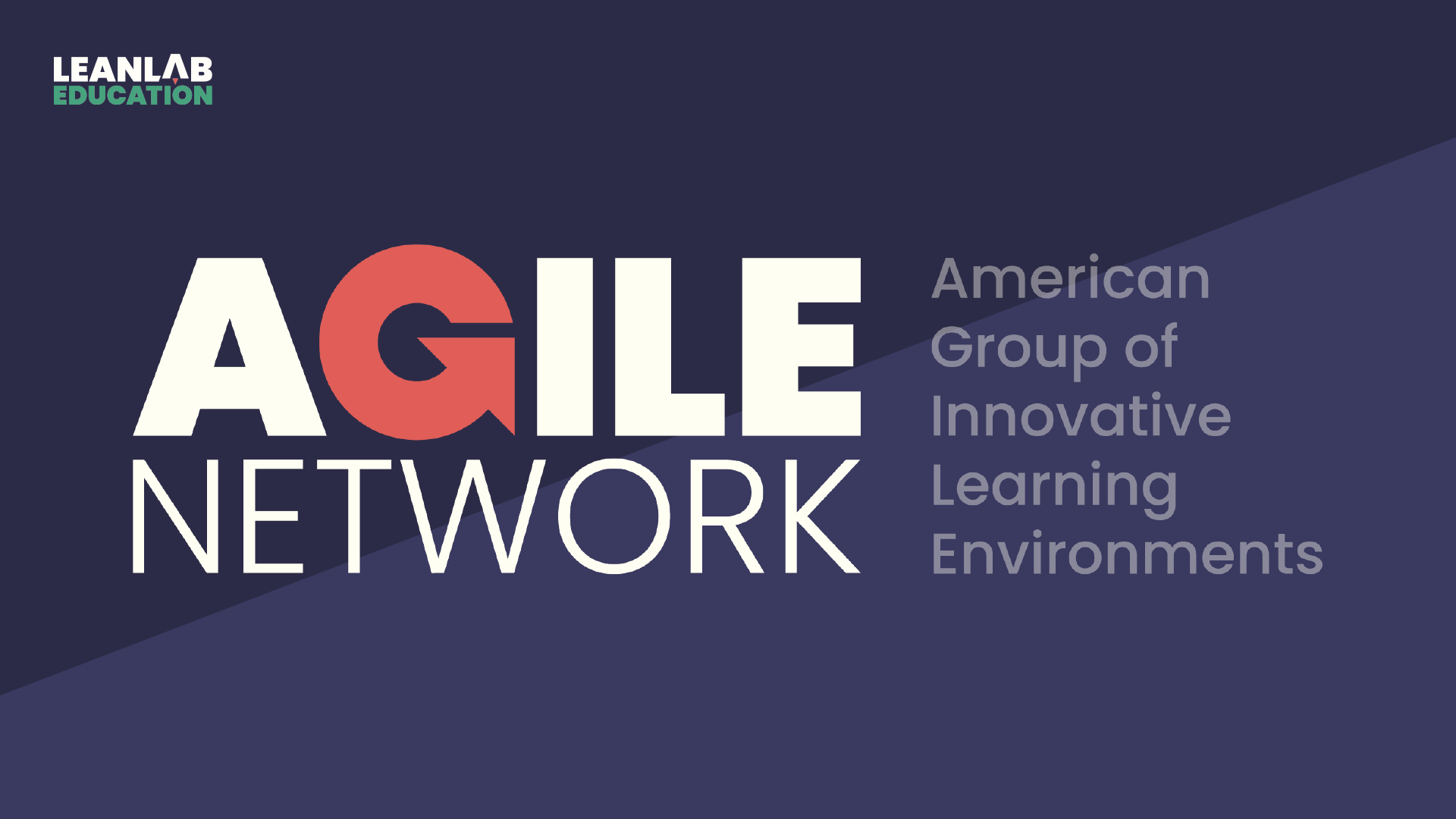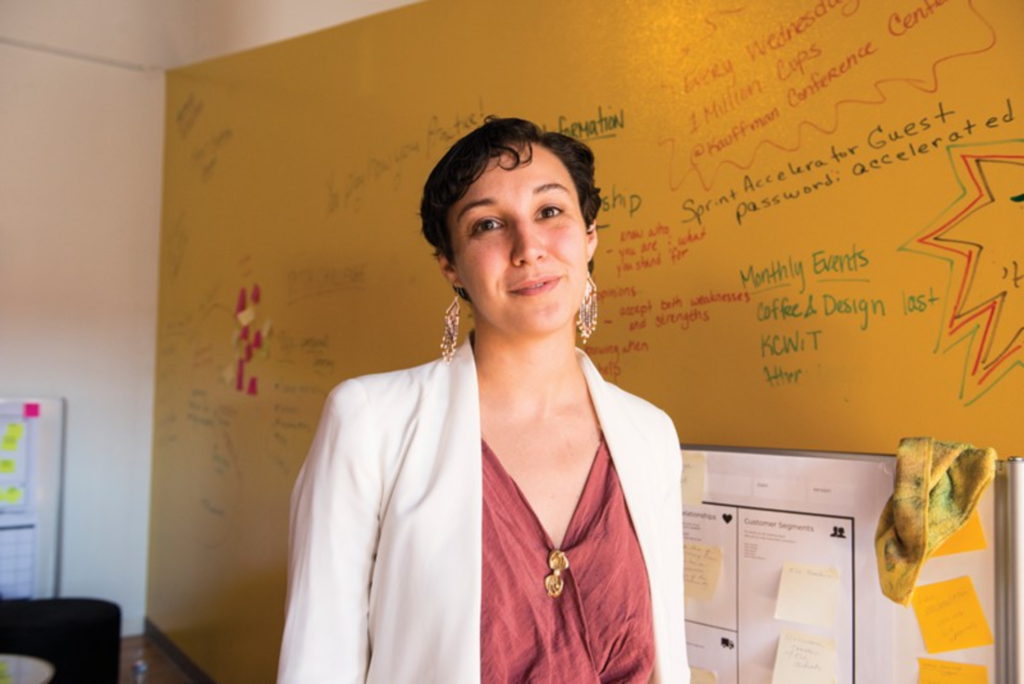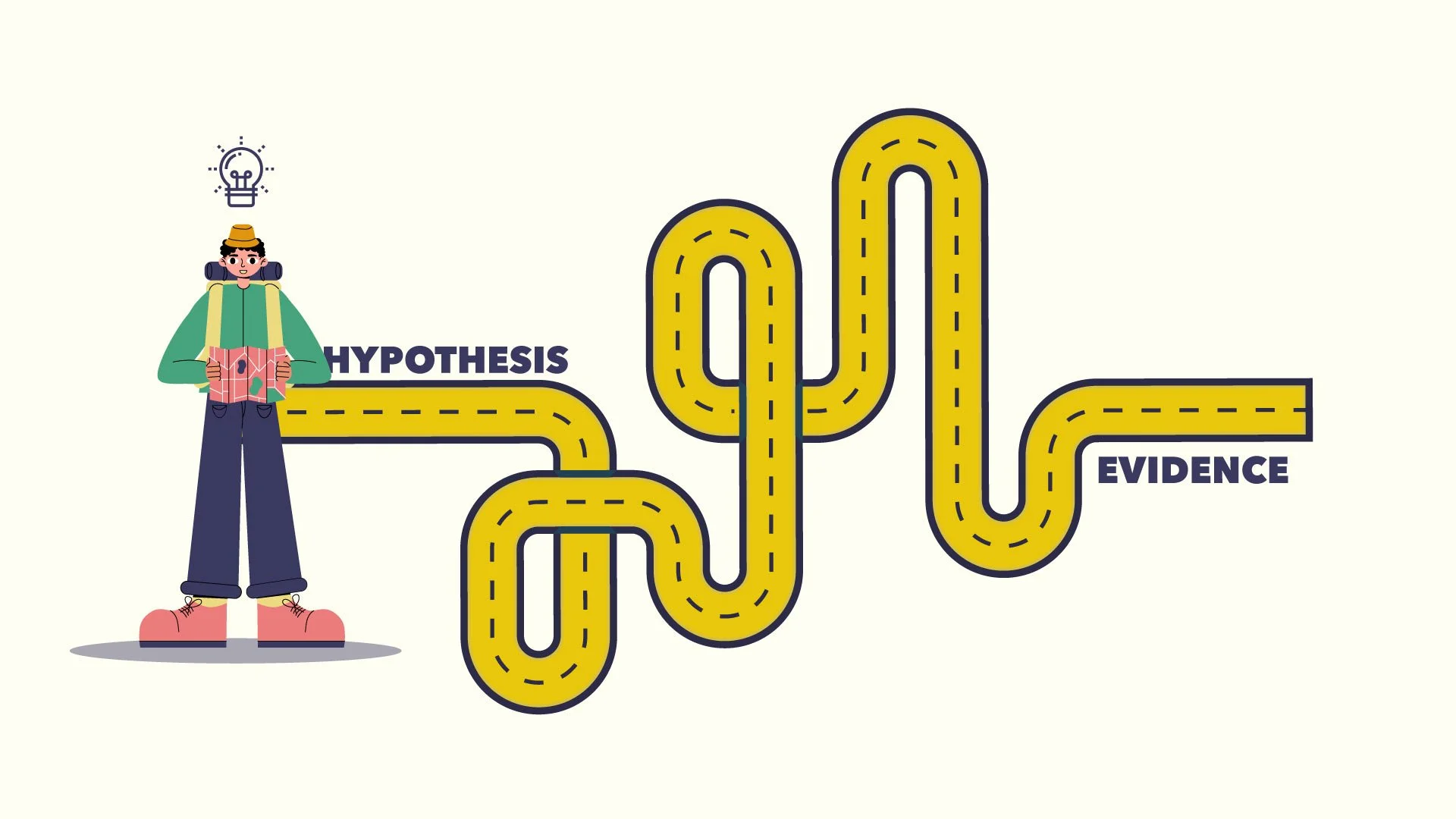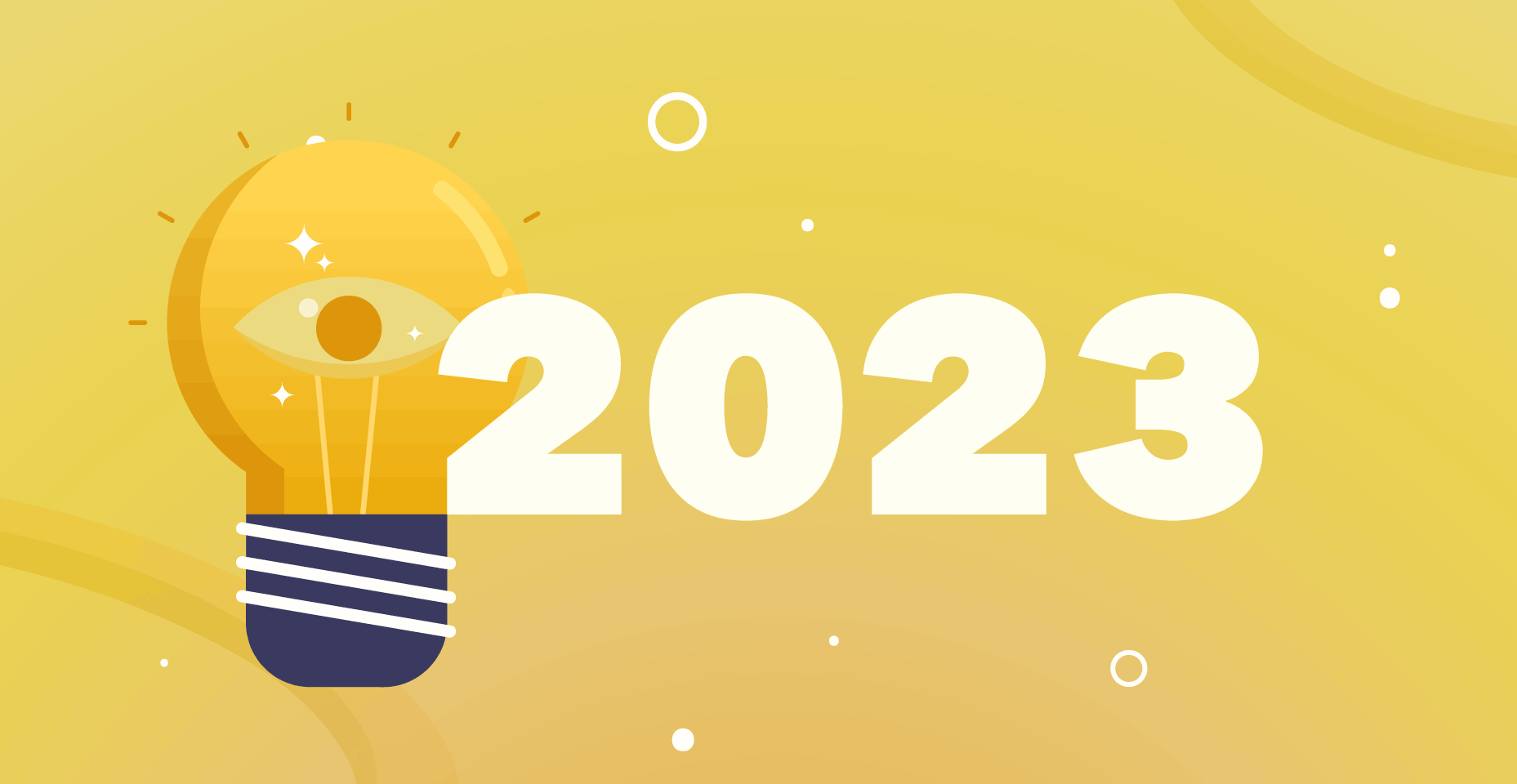NAME
Naomi O’Donnell
ROLE
Operations & Communications Coordinator
BIO
Naomi brings a passion for creative problem solving and transparent operational systems to her work at LEANLAB. She has worked extensively in higher education administration, at the University of Missouri Kansas City and Indiana University Bloomington, and as an event coordinator with Overflow Companies. Naomi holds a B.F.A from the Kansas City Art Institute and an M.F.A. from the University of North Carolina at Chapel Hill. Outside of supporting educational equity as an operations & communicators coordinator, Naomi is an advocate for LGBTQIA+ rights and the local arts community.
WHY I GRAVITATE TOWARDS THIS WORK…
The creative process is a circular exercise of being open to refining your skillset, making a product, presenting it to your audience and incorporating relevant feedback. I learned the value of this type of adaptive problem solving through my fine arts education, and I believe it is essential to our process at LEANLAB Education.
In 2007, I left the small town of Bloomington, Indiana to attend The Kansas City Art Institute. My arts education took me from Missouri to Michigan, Nebraska, Wisconsin, North Carolina and finally back again, but the common thread of all these programs was inquiry-based learning. I was encouraged by scores of teachers and peers to reject the idea of a “right” answer, in favor of nuanced responses to generalized prompts. This practice encouraged us to explore materials and share our ideas freely. Good work embodied a mastery of material, clarity of intention and originality of execution. It was separate from the obligations of implicit or prescribed standards. I fondly recall a foundations professor at KCAI who tasked our freshman class with painting a representation of our first week on campus. The subtext of this lesson drew on our ability to express the subjective through an objective piece. The assignment resulted in animated conversations that bounced from brush strokes to deep-seated anxieties. The ultimate takeaway, we discovered, was that empathy arises when we see the true colors of others, consider their perspective, and take time to engage.
I see both this generative, adaptable approach to learning and an emphasis on engaging and connecting with others in LEANLAB Education’s mission of supporting innovators and the Kansas City Community. The experimental, measurable values embodied by LEANLAB’s Pilot Research Program echo the creative processes I employed in my arts education. LEANLAB recognizes that the use and trajectory of any product must be shaped by its end user. We foster strong educational solutions that are the result of countless prototypes, strategic discussions, public showings, and revisions. Educators deserve the option to choose from contemporary solutions that have been proven effective. In short, we know that strong educational tools, like works of art, are not made in a vacuum.





















